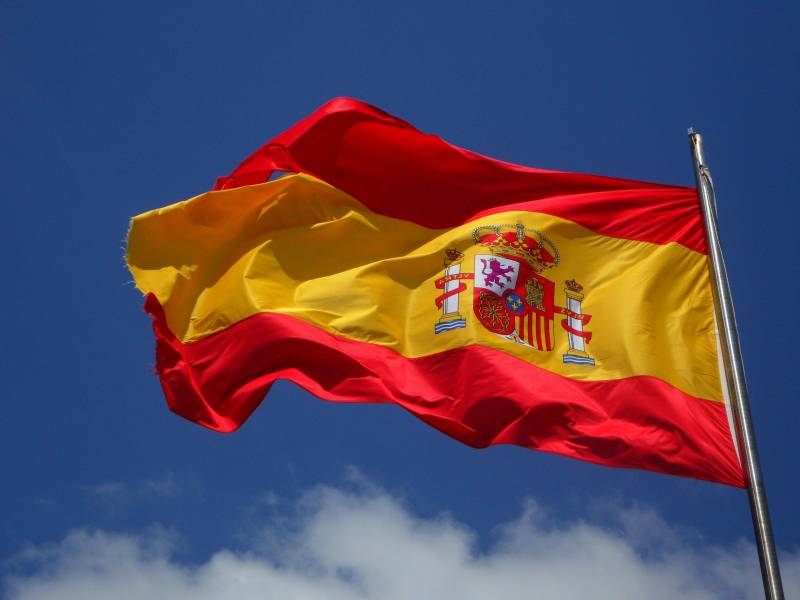

Guidelines for submitting articles to San Javier Today
Hello, and thank you for choosing sanjavier.today to publicise your organisation’s info or event.
San Javier Today is a website set up by Murcia Today specifically for residents of the urbanisation in Southwest Murcia, providing news and information on what’s happening in the local area, which is the largest English-speaking expat area in the Region of Murcia.
When submitting text to be included on San Javier Today, please abide by the following guidelines so we can upload your article as swiftly as possible:
Send an email to editor@spaintodayonline.com or contact@murciatoday.com
Attach the information in a Word Document or Google Doc
Include all relevant points, including:
Who is the organisation running the event?
Where is it happening?
When?
How much does it cost?
Is it necessary to book beforehand, or can people just show up on the day?
…but try not to exceed 300 words
Also attach a photo to illustrate your article, no more than 100kb

Spain's population surpasses 49 million, largely driven by immigration
The nation’s demographic growth reaches a historic milestone, largely due to an influx of foreign residents
 Spain’s population has surpassed 49 million for the first time, reaching 49,077,984 inhabitants as of January 1, 2025. This marks an increase of nearly 1% compared to the previous year, according to the National Statistics Institute (INE). The driving force behind this growth has been immigration, as the number of foreign-born residents has risen significantly, while the native-born population has only seen a modest increase.
Spain’s population has surpassed 49 million for the first time, reaching 49,077,984 inhabitants as of January 1, 2025. This marks an increase of nearly 1% compared to the previous year, according to the National Statistics Institute (INE). The driving force behind this growth has been immigration, as the number of foreign-born residents has risen significantly, while the native-born population has only seen a modest increase.





